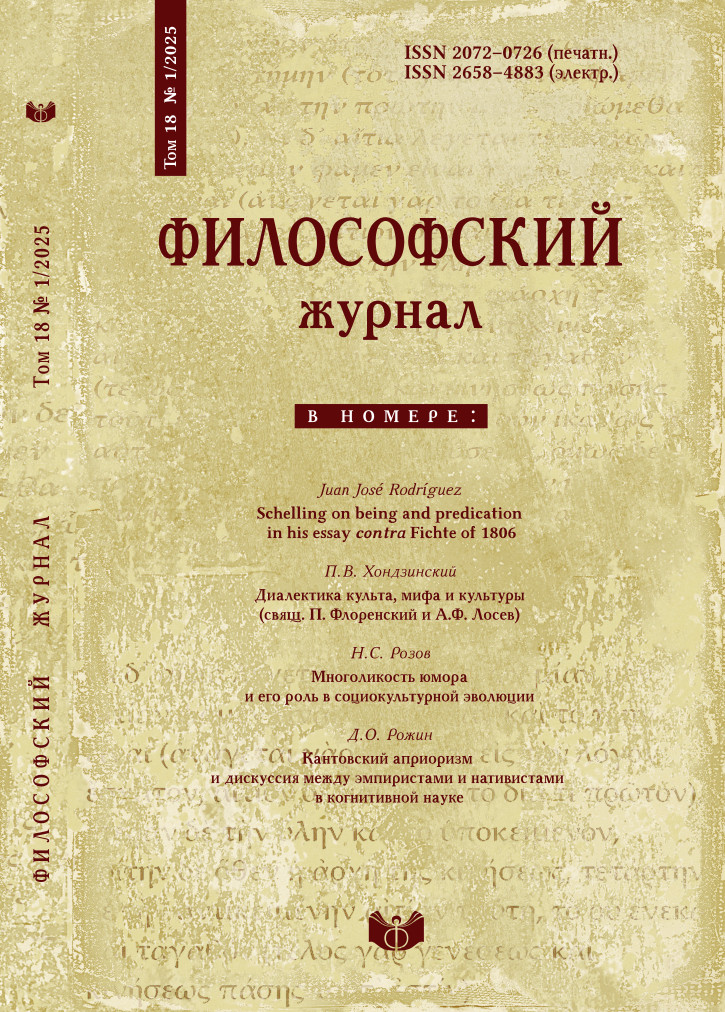Crime and isolation: Pereboom’s quarantine model, free will and retribution
DOI:
https://doi.org/10.21146/2072-0726-2025-18-1-134-148Keywords:
theories of punishment, free will, practical argumentation, quarantine model, isolation, retributive justice, deterrence, Derk PereboomAbstract
The paper is devoted to the problem of criminal punishment. The main question of the article is: for what purpose do we imprison criminals? The dominant approach to punishing criminals is based on retribution: if a person has committed a crime, knowing about the moral wrongness of his action, then he deserves punishment. This approach has intuitive persuasiveness. Critics argue that retributivist criminal law approach is largely based on a sense of revenge, is unable to ensure the deservedness of punishment and is not effective or humane. As an alternative, there are a number of models of punishment that are not guided by the idea of retribution. The article briefly examines consequentialist theories of punishment. After that, the quarantine theory of Pereboom and Caruso is revealed, based on the idea of self-defense. Self-defense is achieved by isolating dangerous members of society in prisons. This model promotes the development of non-prison methods of preventing recidivism and humanity towards prisoners. Moreover, this theory has a solid foundation – an extended right of people to self-defense.






